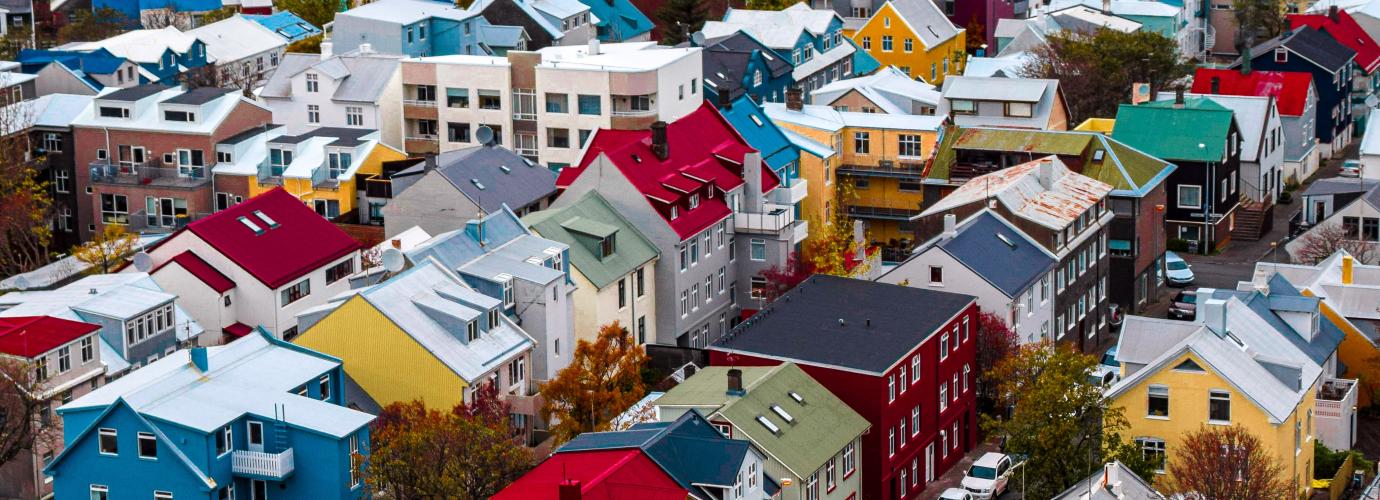Iceland spans 103,000 square kilometers and is located in the North Atlantic Ocean, southeast of Greenland, west of Norway and northwest of the United Kingdom. The country has a population of just under 400,000 (389,444 as of January 2025). Iceland has been an independent republic since 1944. It is a constitutional republic with the President serving as the head of state. While the President holds no independent political power, he fulfills certain official duties related to political affairs, such as formally appointing the Prime Minister and signing bills passed by the Icelandic Parliament (Alþingi). Executive power is exercised by the government and the President. Althingi and the President jointly exercise legislative power. The judiciary is independent of the executive and the legislative.
The Constitution of the Republic of Iceland No. 33/1944 constitution serves as the foundation of Icelandic democracy and outlines the fundamental principles governing society. For instance, the constitution guarantees the rights and duties of citizens, including personal freedom, freedom of speech, freedom of assembly, and freedom of association. Furthermore, it states that the law shall guarantee everyone suitable general education and tuition. Icelandic is the official language and the language of instruction in schools. However, English is a compulsory subject in primary and lower secondary education from an early age and in general in upper secondary education as well. In addition, most higher education institutions offer courses and programs in English. Danish is also a mandatory subject in primary and lower secondary education.
References
Statistics Iceland. Inhabitants - Overview [accessed February 11th, 2025]
The Constitution of the Republic of Iceland [accessed February 11th, 2025]
Government of Iceland. How is Iceland governed? [accessed February 11th, 2025]
Ministry of Education and Children. The Icelandic national curriculum guide for compulsory schools - with subject areas [accessed February 11th, 2025]

